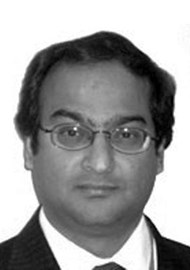Tracheostomy is associated with several complications, with rates quoted as high as 8-45%, including: bleeding; displacement; obstruction; surgical emphysema; pneumothorax; fistulae and failure to decannulate. There are now many studies that confirm the increased length of stay and complications of patients with these temporary tracheostomies. This is a retrospective study from a single centre in Germany of 150 patients with head and neck cancer that were treated between March 2017 and August 2018. All patients had a resection, single or bilateral neck dissection and free flap reconstruction. They also include patients with osteoradionecrosis with microvascular reconstruction (26 patients i.e. 17.3%). Male to female ratio was 1.8:1 and the median age was 63.8. The commonest free flap used was the radial forearm. Post-surgery, all patients spent the first night sedated and a further 10.8% stayed another night. Eighteen patients required ITU admission for pneumonia, delirium, pulmonary embolism, sepsis and cardiac failure. The length of stay varied between five and 66 days with a median stay of 18.11 days. Most patients were decannulated successfully within a range of two to 56 days; the longest was a patient with pneumonia and respiratory failure. In seven cases the cannula had to be reintroduced due to infection/pneumonia. Length of hospital stay ranged from eight to 72 with a mean of 19.83; as expected, patients that had a complication of the tracheostomy stayed longest. Their complication rate is stated as 30%; the commonest one was pneumonia. Risk factors for this were age, pre-existing COPD, alcohol abuse, ASA-3, and length of cannulation of tracheostomy. Unfortunately, in spite of the risks, a temporary tracheostomy is still the safest surgical airway following major ablative head and neck and reconstructive surgery.




